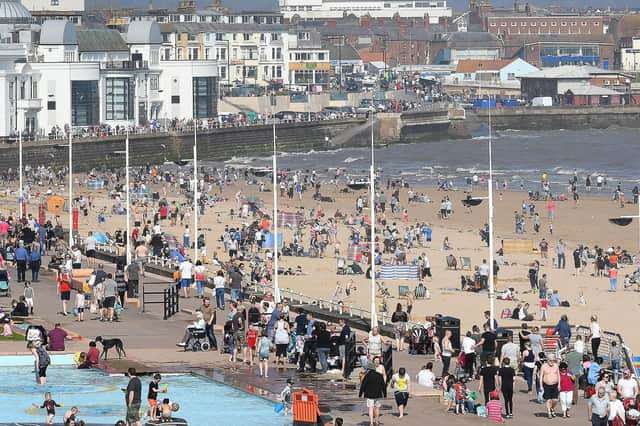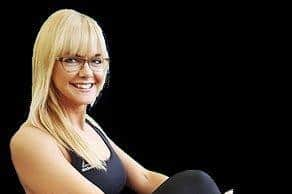The Health and Wellbeing column with personal trainer Mel Spencer: Shining a light on the importance of Vitamin D


Vitamin D is a wonderful little vitamin and worthy of an article dedicated to just it alone.
It’s unique in that it functions more like a hormone than a vitamin and has a wide ranging affect on the body.
Advertisement
Hide AdAdvertisement
Hide AdThere are vitamin D receptors on most cells throughout the body and it’s still unclear as to exactly what their role are in a lot of cases.


There have been reports suggesting that vitamin D may reduce the risk of coronavirus but more research is required.
What we do know is outlined below.
The role of vitamin D within our body is to regulate amounts of calcium and phosphate – important in the building of bone. Lab studies have also indicated it can play a part in reducing cancers, inflammation and control infections.
Symptoms of deficiencies include getting ill more often, feeling fatigued, muscle and joint pain and low mood.
Advertisement
Hide AdAdvertisement
Hide AdIt is also possible to have too much in your system which over a prolonged period of time can result in too much calcium in the body.
This can cause weight loss, an irregular heart beat, weakened bones and damage the kidneys and heart.
It is however very difficult to have too much.
The main sources are sunlight (you may have heard it referred to as the sunshine vitamin), food and supplements.
Sunlight is one of the best sources. I’m currently sat writing this on a beautiful day and if everyday where like this and I could get between 10-15 minutes sun exposure that would be enough.
Advertisement
Hide AdAdvertisement
Hide AdHowever, as that rarely happens we need to look at other ways of getting some, namely food.
Few foods are naturally high in vitamin D but some sources include foods such as oily fish (including mackerel salmon, sardines and herring), egg yolks and red meat. Vegans in particular may struggle to get adequate amounts through diet alone although some foods are fortified.
The recommended daily dose for adults is 10 micro grams per day.
If you’re not getting this from your diet (which is difficult) or sun exposure (which can be equally as difficult), then you will need a daily supplement.
Advertisement
Hide AdAdvertisement
Hide AdOne population at greater risk from deficiencies are women in their 40s and 50s as oestrogen levels start to fluctuate.
Oestrogen increases the the activity of the enzyme responsible for activating vitamin D so as levels decline symptoms of deficiency can worsen and there are links to low mood and osteoporosis.
In summary, as we don’t get a great deal of sunlight hours and it’s tricky to get enough from our food, the majority of us need supplementation to keep our levels up.
Current government guidelines state that between October and early March we do not make enough vitamin D from sunlight and supplementation is advised.
Advertisement
Hide AdAdvertisement
Hide AdI take mine daily as part of a multi vitamin and would strongly advise supplementation for those in menopause if not the general adult population overall.
You can contact Mel at www.melspencerpt.co.uk for more information.